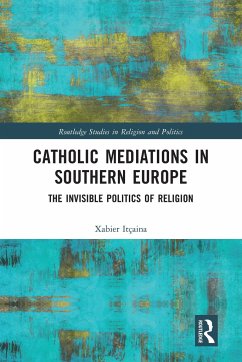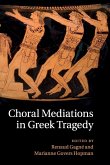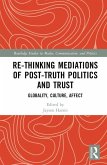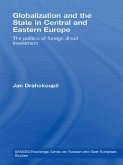Investigating the role played by religious actors in sociopolitical issues as a manifestation of the invisible politics of religion, this book concentrates on the social economy, support to migrants, the fight against social exclusion and pacifist campaigns, where religious actors have played discreet but structuring roles. In the European context, politico-religious matters have been reduced in two ways: first, a reduction of identity with religion being transformed into a heritage in the form of a minimal sense of belonging; and second, the media focus on the most fundamentalist currents within all religions. This book responds by proposing an alternative perspective with a focus on Southern European Catholicism and a comparison between Italian, Spanish and French subnational territories. In a period of polarized relations between religion and politics, there is a Catholic action repertoire which avoids this binary confrontation and which, in contrast, is characterized by its mediating dimension. The Catholic mediation repertoire receives little publicity and is expressed in a discreet but structuring way to address different public problems. An important contribution to the literature, this book will interest scholars and upper-level students working on religion and politics, mediation and peace studies, local policy making and comparative approaches to Southern European society and politics.
Hinweis: Dieser Artikel kann nur an eine deutsche Lieferadresse ausgeliefert werden.
Hinweis: Dieser Artikel kann nur an eine deutsche Lieferadresse ausgeliefert werden.








